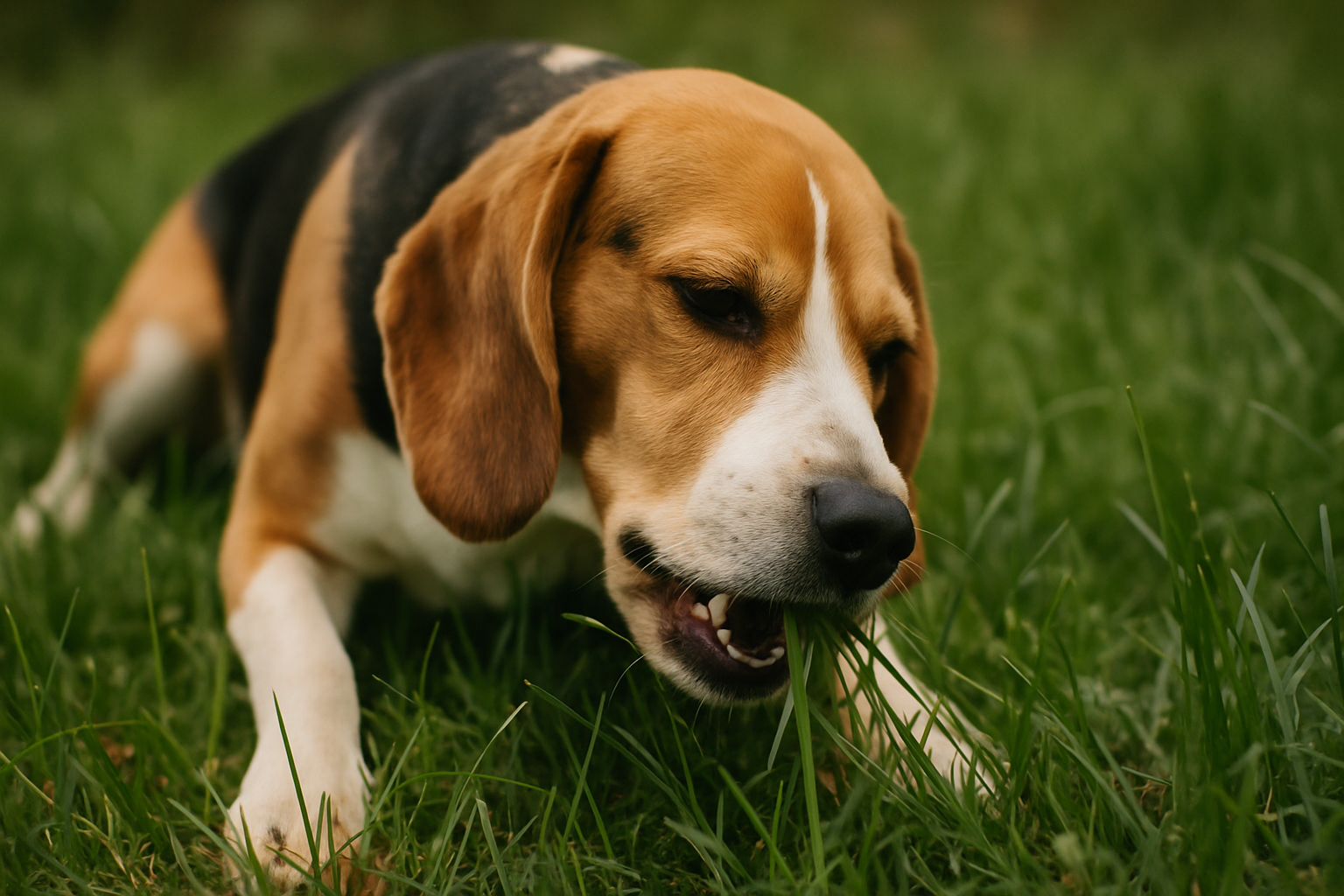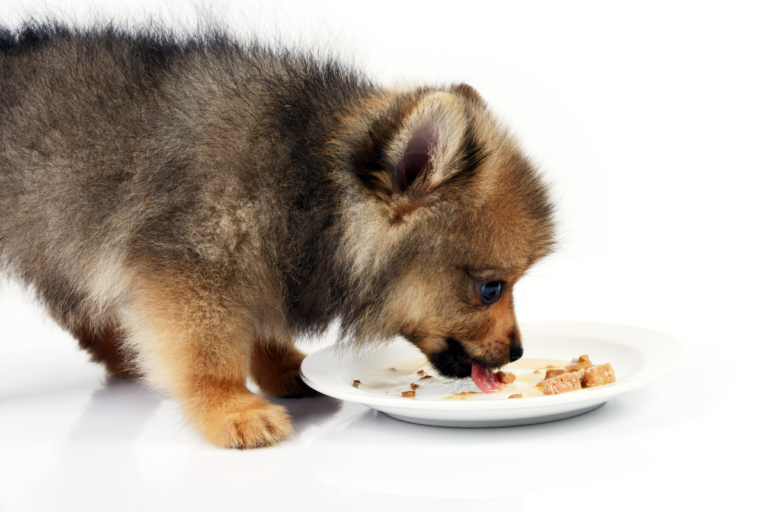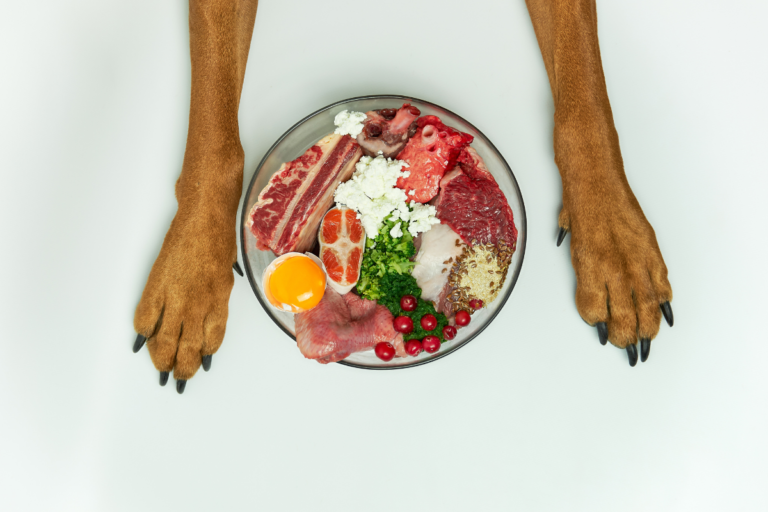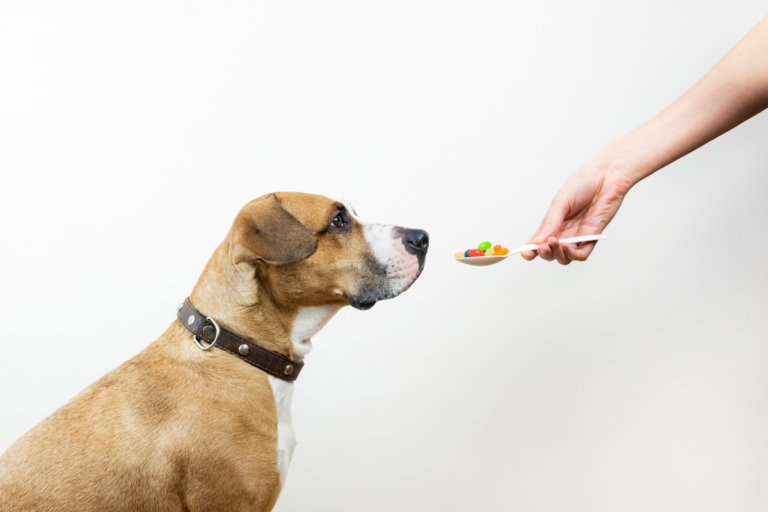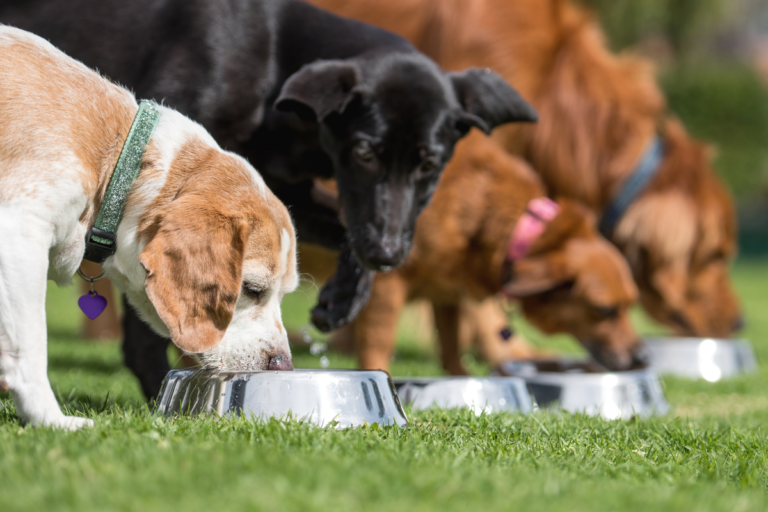Why Is My Dog Suddenly Eating Grass? Understanding Canine Cravings and Behavior
It’s a common yet puzzling sight for many pet owners: your dog, seemingly healthy and well-fed, suddenly starts munching on grass during your daily walk or in the backyard. Is it normal? Is your dog trying to tell you something? Should you be concerned? In this comprehensive article, we explore why dogs eat grass, whether it’s a sign of a deeper issue, and what you can do about it.
Is It Normal for Dogs to Eat Grass?
Yes — to an extent.
Grass-eating behavior, also known as pica, is not unusual among dogs. In fact, studies show that up to 79% of domestic dogs eat grass at some point in their lives. For most dogs, it’s a harmless and even routine activity. However, when the behavior is sudden, frequent, or accompanied by other symptoms, it may signal an underlying issue that needs attention.
📊 Grass-Eating Behavior in Dogs: Key Statistics
| Observation | Percentage / Frequency | Source / Notes |
|---|---|---|
| Dogs who have eaten grass at least once | 79% | Based on owner surveys (University of California study) |
| Dogs who eat grass regularly | ~47% | Weekly or more often, especially in outdoor-access dogs |
| Dogs who vomit after eating grass | 22–25% | Suggests vomiting is not always the goal |
| Dogs who showed signs of illness before eating grass | Less than 10% | Most were otherwise normal before grass consumption |
| Dogs who eat grass due to boredom/stress | 1 in 5 | Often linked with lack of stimulation or separation anxiety |
| Puppy grass-eating behavior | Very common (70–80%) | Often exploratory, tends to decrease with age and training |
| Dogs that eat grass and require medical attention | Less than 5% | Typically only when vomiting is persistent or other symptoms arise |
Theories Behind Grass-Eating Behavior
So why do dogs eat grass? While no single explanation fits all cases, several scientific and behavioral theories help make sense of this quirky habit.
1. Instinctual Behavior From Wild Ancestors
Dogs evolved from wolves and other wild canines who consumed entire prey animals, including plant matter found in their stomachs. Eating grass could be a leftover evolutionary behavior that mimics natural dietary habits.
2. Self-Medicating an Upset Stomach
One of the most popular theories is that dogs eat grass to induce vomiting when they’re feeling nauseous or have gastrointestinal discomfort. However, research suggests that fewer than 25% of dogs actually vomit after eating grass. This makes it unclear whether they eat grass because they feel sick, or whether the vomiting is just a side effect.
3. Nutritional Deficiency
A lack of fiber or other dietary components may cause dogs to seek out grass to fill in the gaps. If your dog is on a low-fiber or heavily processed diet, they might be craving greenery to aid digestion or regulate bowel movements. This is particularly common in breeds prone to digestive sensitivity, such as French Bulldogs and Labradors.
4. Boredom or Anxiety
Dogs are intelligent animals that need mental and physical stimulation. A dog left alone in the yard or walked without engagement may start eating grass out of boredom. In some cases, grass-eating can be a self-soothing mechanism, especially in dogs with separation anxiety or stress.
5. They Just Like It
Sometimes the simplest explanation is the right one. Dogs may simply enjoy the texture, taste, or smell of grass — especially in spring when it’s fresh and tender.
When Should You Be Concerned?
Occasional grass-eating is not typically a red flag. However, you should consult your veterinarian if:
- Your dog eats grass obsessively or daily
- Grass-eating is followed by frequent vomiting
- Your dog shows signs of illness (lethargy, diarrhea, appetite loss, excessive drooling)
- There are parasites or worms present in stool
- Your dog consumes treated or toxic plants/grass
If these symptoms accompany grass consumption, it could signal an underlying dog disease that needs professional attention.
Medical Conditions to Rule Out
Some medical issues may be underlying causes for increased grass consumption:
- Gastritis or acid reflux
- Pancreatitis
- Parasites or intestinal worms
- Inflammatory bowel disease
- Nutrient absorption issues
If your dog frequently eats grass and shows digestive discomfort, it’s a good idea to have them examined. Learn more about common canine diseases and their early warning signs.
Should I Let My Dog Eat Grass?
In moderation, yes.
As long as the grass is chemical-free, your dog isn’t vomiting excessively, and there are no signs of illness, occasional grass consumption is generally not harmful. Think of it as a canine version of chewing gum or nibbling a salad — odd to us, but normal for them.
However, if your dog suddenly begins eating grass frequently or frantically, you’ll want to observe behavior and make a note of any changes in appetite, stool, or energy levels.
Other external triggers like ticks or skin parasites might also lead to strange self-soothing behaviors.
What to Do if Your Dog Eats Grass Frequently
If your dog has made a habit out of grass-eating, here are practical steps you can take:
- Evaluate Their Diet
Ensure your dog is eating a high-quality, balanced diet. Adding fiber, moisture, and even occasional safe greens may help. - Rule Out Medical Issues
Consult your vet to rule out gastrointestinal or metabolic problems. - Provide More Enrichment
Mental stimulation through interactive walks, sniffing games, or training can help redirect compulsive behaviors. - Train an “Off” Command
Use positive reinforcement to teach your dog a “leave it” cue when they start nibbling on grass. - Offer Safe Alternatives
Consider growing a small patch of pet-safe grass indoors or offering safe veggies like spinach or zucchini in small amounts.
Grass-Eating in Puppies
If your puppy is eating grass, it’s likely part of exploring the world — much like chewing shoes or socks. However, it’s important to supervise their outdoor time to ensure they’re not ingesting harmful substances or developing dangerous habits.
Use this stage to establish positive reinforcement-based training and offer healthier alternatives. You can also check out our puppy diet chart to ensure their nutrition is on track, reducing dietary-based cravings.
Final Thoughts
For the majority of dogs, grass-eating is normal, harmless, and manageable. It’s not always a sign of sickness, though it can be in certain cases. Understanding why your dog is doing it — whether it’s diet, boredom, or instinct — helps you respond in a thoughtful and proactive way.
Instead of panic, approach the behavior with curiosity and observation. And when in doubt, consult your veterinarian for peace of mind.
FAQs
Should I stop my dog from eating grass entirely?
Not unless it’s frequent, obsessive, or involves chemically treated areas.
Is grass good for my dog’s digestion?
In small amounts, it may help digestion or bowel movements, but it shouldn’t replace fiber from proper nutrition.
What if my dog eats grass and throws up every time?
This could indicate an upset stomach, acid buildup, or more serious GI issues — see your vet.
Are there safe types of grass for dogs?
Yes, untreated ryegrass, oat grass, wheatgrass, or designated “cat grass” can be grown safely indoors or in pet-friendly yards.
Disclaimer
This article is intended for informational purposes only and does not constitute veterinary advice. Always consult your veterinarian for diagnosis, treatment options, and guidance specific to your dog’s health condition.
